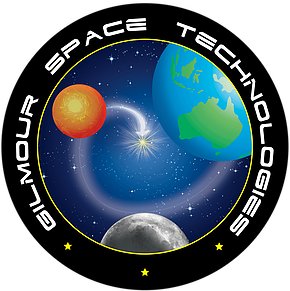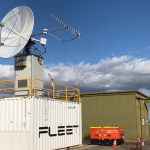Gilmour Space Technologies partners with NASA

In another step forward for Australia’s fast developing space sector, Australia and Singapore-based rocket company, Gilmour Space Technologies, has entered into a Space Act Agreement with the US National Aeronautics & Space Administration (NASA) to collaborate on various research, technology development and educational initiatives.
“NASA is a world leader in space exploration efforts, and we’re privileged to be able to work with them to develop and test some of our innovative new space technologies,” said its CEO & Founder, Adam Gilmour.
Under the reimbursable agreement, Gilmour Space will work closely with NASA on rover testing at Kennedy Space Center, and may explore other potential future activities in areas of mutual interest, including space transportation, propulsion, in-situ resource utilisation, sustainability and life support systems.
The private space company – better known for its pioneering work on small hybrid rockets – recently conducted a low-pressure test fire of its large orbital engine, which generated 45 kilonewtons – over 10,100 pounds-force – of thrust.
“It was a key demonstration of our hybrid rocket technology, in line with our mission to launch small satellites weighing up to 380 kg to space by 2020,” said Mr. Gilmour.
“However, we recognise that space launch is just one piece of the bigger puzzle,” he added. “In our journey to the stars, humankind will need to build sustainable and long-term infrastructure and bases on the moon, asteroids or Mars.
“We will need to be able to manufacture big things off-Earth, generate lots of energy, and develop technology that will help us survive and live longer in space. We hope to work with NASA to solve many of these issues in the years ahead.”
In June 2016, Gilmour Space successfully flew the countries’ first privately developed hybrid rocket to an altitude of 5 Km using proprietary 3D printed fuel, reportedly a world-first demonstration.
Since then, the company has raised $5 million in Series-A funding from venture capital firms Blackbird Ventures and 500 Startups, among other private investors; and been awarded R&D grants in Singapore and Australia.
The company is now scaling up its operations and hopes to launch its first commercial-class rockets to suborbital space in 2019, and to Low Earth Orbit (LEO) in 2020.
Australia’s Defence Industry minister Christopher Pyne welcomed the partnership and said the government’s 2016 Defence White Paper acknowledged the importance of space-based and space-enabled capabilities, and the vital role they play in Australian Defence Force and coalition operations.
“Investment in space capabilities will be an important element of the Government planned commitment of $200 billion to build up our defence capability over the next 10 years. This will provide opportunities for industry growth and employment.”








